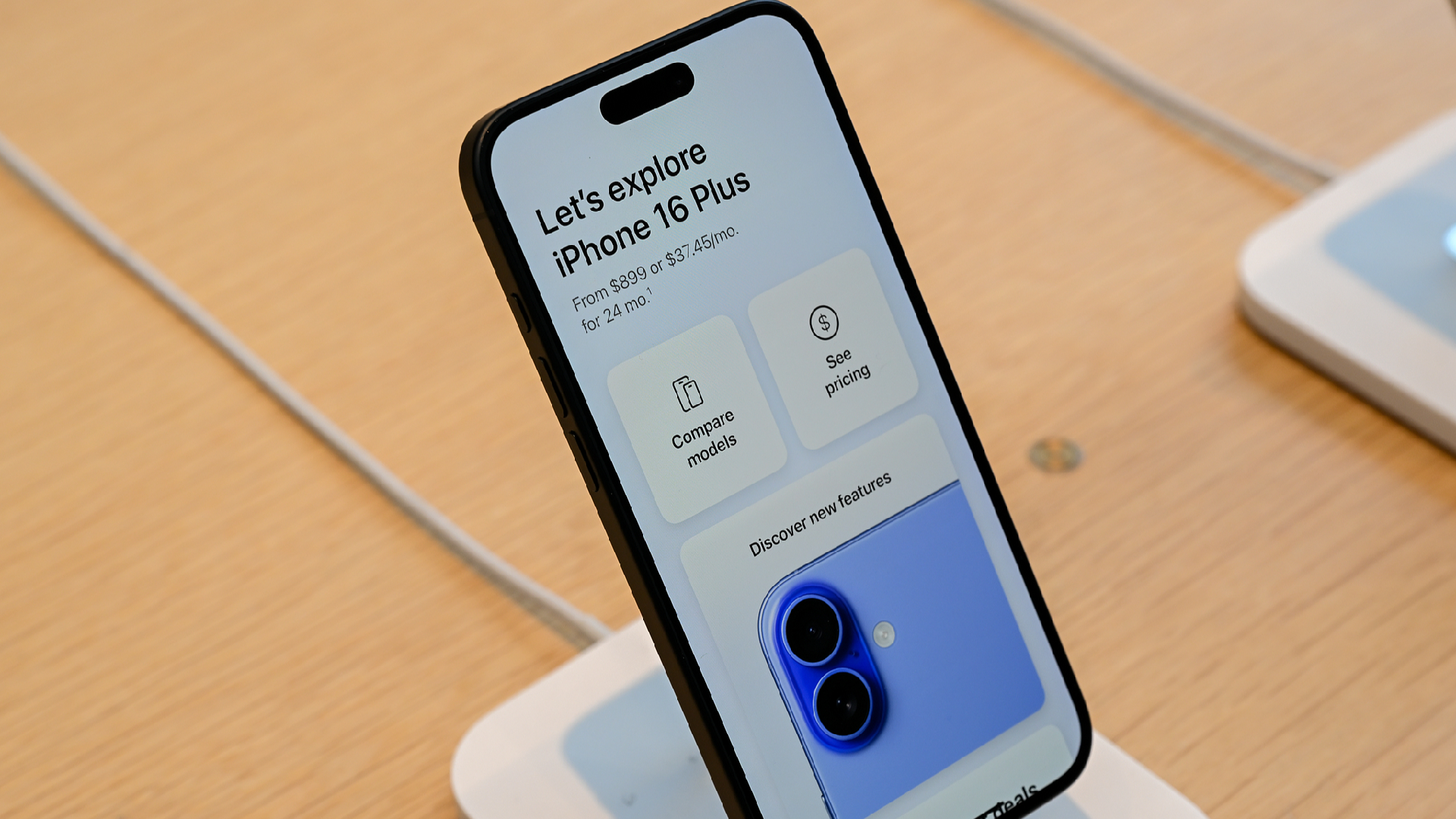Indonesia Bans Apple's iPhone 16 Due to Local Component Regulation
Indonesia has prohibited the sale of Apple's new iPhone 16 in the country due to noncompliance with local content regulations that mandate 40 percent of components be produced domestically, as stated by its industry ministry.

Febri Hendri Antoni Arief, the ministry's spokesperson, noted that regulations require smartphones sold in the country to comprise at least 40 percent locally sourced components. The iPhone 16 did not meet this standard, prompting the government to prohibit its sale.
"Imported iPhone 16 hardware cannot be marketed in the country because Apple Indonesia has not fulfilled its investment commitment to secure local content certification," Arief explained. However, he mentioned that individuals can still purchase the phone overseas and bring it into Indonesia, as long as they pay the necessary import taxes.
Apple has not yet provided a response to the ministry's announcement.
Indonesia is a significant market, boasting a large and tech-savvy population, making it an attractive target for technology companies looking to invest in Southeast Asia. During Apple CEO Tim Cook's visit in April, Industry Minister Agus Gumiwang Kartasasmita expressed optimism that Apple would bolster its local content by collaborating with Indonesian companies.
While Apple does not have manufacturing operations in Indonesia, it has invested $101.8 million in local app developer academies since 2018 to nurture the country's tech talent.
As of the first quarter of 2024, Chinese company OPPO and South Korea's Samsung are leading Indonesia's smartphone market, according to research firm IDC.
Debra A Smith for TROIB News
Discover more Science and Technology news updates in TROIB Sci-Tech












